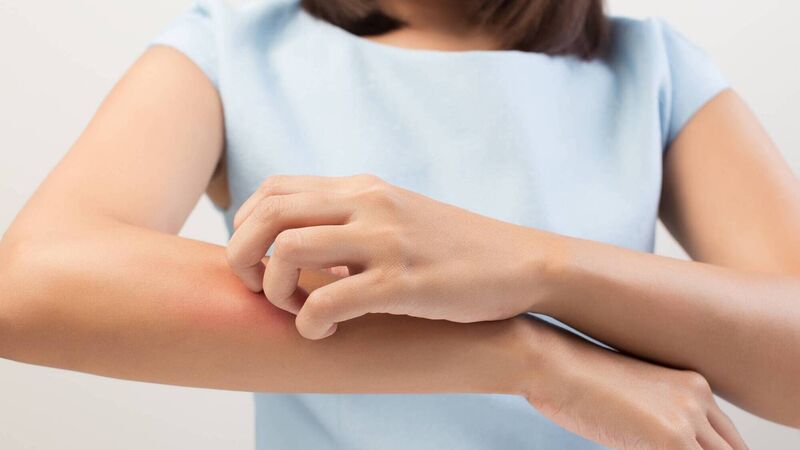Natural health: Menopausal itch wakes me up in the morning

Pic: iStock
Try from €1.50 / week
SUBSCRIBE
Pic: iStock
I’m 50 years old and going through menopause. I wake at 6am with a severe vaginal itch, which can bleed if I scratch it. (Sex is not an option sometimes because of how I feel.) My scalp, arms, ankles and back also feel itchy, and walking is almost impossible. My eyes are dry, and my gums and mouth feel dry and uncomfortable. Meanwhile, my periods have become irregular - the pain is worse, and the bleeding is heavier. My mood and energy levels are the hardest to manage. I feel I’ve no control over anything. What can I do?
The symptoms you describe point towards a histamine intolerance, where your body effectively mounts an allergic response.
Already a subscriber? Sign in
You have reached your article limit.
Annual €130 €80
Best value
Monthly €12€6 / month
Introductory offers for new customers. Annual billed once for first year. Renews at €130. Monthly initial discount (first 3 months) billed monthly, then €12 a month. Ts&Cs apply.
CONNECT WITH US TODAY
Be the first to know the latest news and updates
Newsletter
The best food, health, entertainment and lifestyle content from the Irish Examiner, direct to your inbox.
Newsletter
The best food, health, entertainment and lifestyle content from the Irish Examiner, direct to your inbox.

Our team of experts are on hand to offer advice and answer your questions here
© Examiner Echo Group Limited